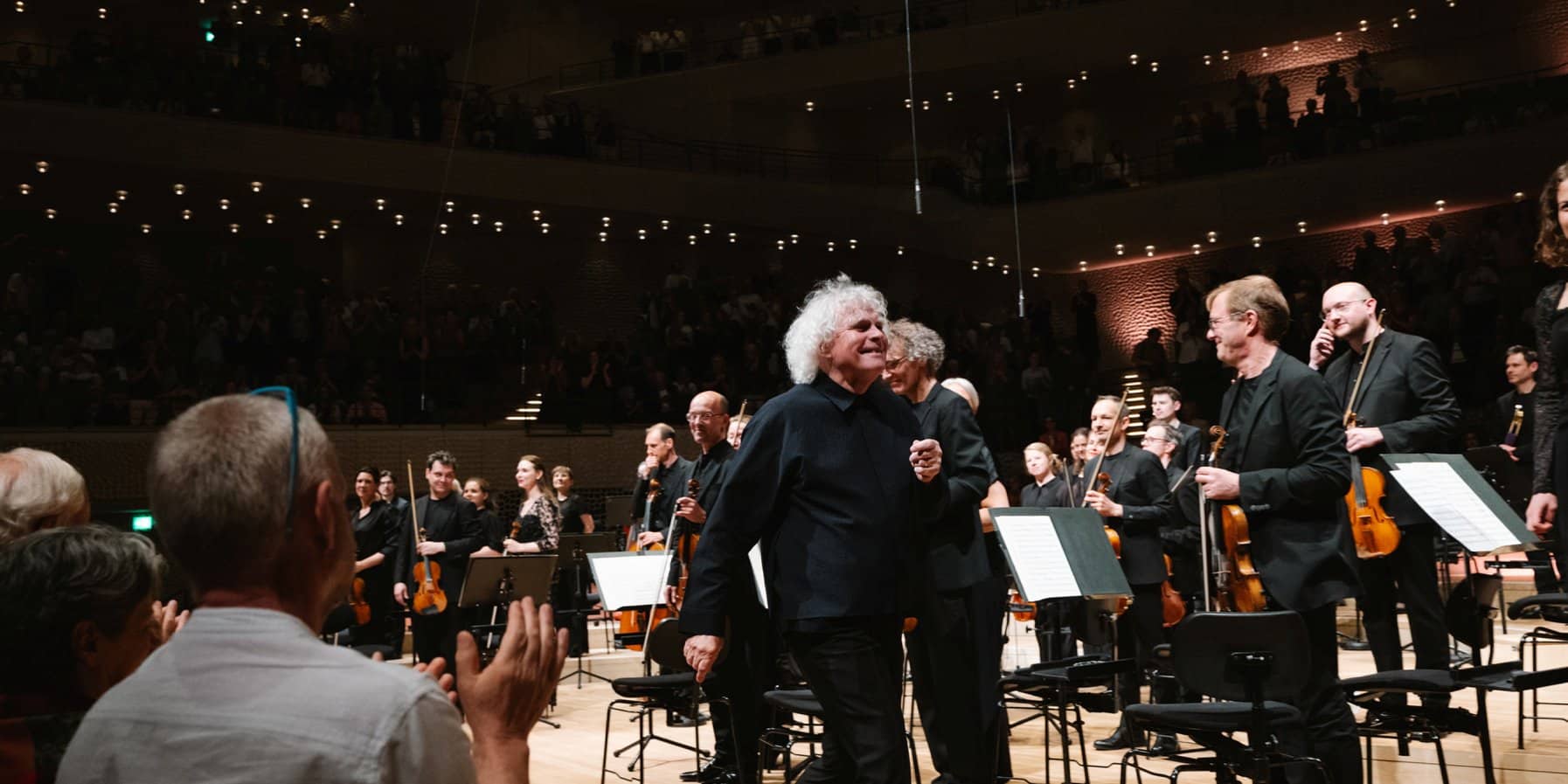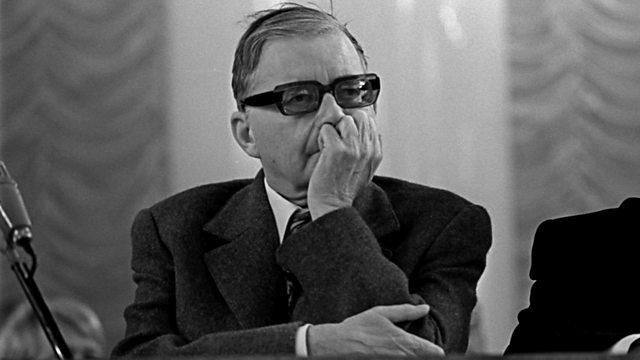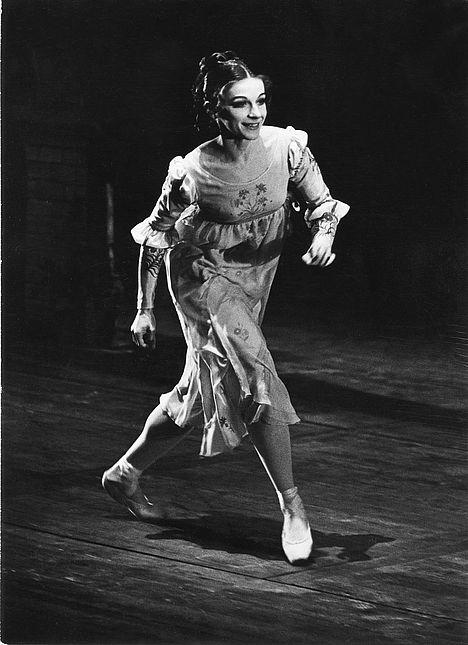Criticising the critics 2: how to review a bling concert
mainIt’s never easy to write about a musical performance where the celebrity value is higher than the aesthetic pedigree. Zachary Woolfe drew the short straw and got sent by the NY Times to a Carnegie Hall recital by Lola Astanova, a catwalk model with influential friends.
His review strike a tone ofexemplary detachment and three central paragraphs describe, with clinical precision, the quandary innate to such occasions. These pars come close to a masterclass in criticism:
Many pianists have succeeded with an arsenal of broad gestures, though Ms. Astanova’s are more exaggerated than most. She seems to be trying to evoke the grandiose, generous spirit of 19th-century pianism, with its heart-on-sleeve emotionalism and aching soulfulness, its valorization of feeling over cool precision.
Ms. Astanova does indeed love to make a big sound, even at the expense of some murkiness of tone. But her taste for drama and her extreme physical abandon end up emphasizing that there isn’t a great deal of emotion in her playing.
Her reading of the Chopin sonata was telling. While her phrasing wasn’t rigid — she used ample rubato — there was a faceless quality to passages that must sing, like the lyrical second theme of the first movement and the similarly calm central section of the second. Ms. Astanova’s third-movement “Funeral March” tried too hard for misty moodiness, lacking the intensity of a relentless pulse.
See: Air Kisses, Spike Heels and Ample Rubato






It’s true, this makes a very good comparison with the Tomasini review. The descriptions are more evocative and precise. The term “19th century pianism” is rather broad to be historically accurate. Chopin, for example, was described as rather subdued in his performances, and as preferring a smaller sound than many pianists of the time. He thus favored the salon to the concert hall.
Perhaps the biggest factor shaping the two reviews is that Astanova is a much smaller target than Lang, which makes it easier for the critic to speak in more negative terms. I also wonder if it might be easier for a male pianist to get away with extravagance than a woman. It might be more fun to read the papers if there were more critics willing to challenge the status quo, and perhaps even be iconoclastic upon occasion (which is why I often enjoy your work.) I’d rather read a failed attempt at a unique view than the usual boiler plate.
Talking of prosaic videos:
Here is one by Lola Astanova: http://www.youtube.com/watch?v=iXonEVqDG3s&feature=player_embedded
Here is one by the toast of the day: http://www.khatiabuniatishvili.net/video.php
Apart from technical abilities, where do critics draw the line with the “faustian dream” for instance without flogging convenient arguments of authority -won this, awarded that etc…?
One might bear in mind the pianist de Pachmann and a story attributed to him concerning critics and criticism.
After a concert review, a note sent (if true ) to the critic ……………
“Here I sit in the smallest room in the house holding your review in front of me , soon it will be in back of me .”
Says it all concerning the value of musical critics and criticism .
We have now reached the deplorable stage of reviewing critics’ reviews , soon we will be reviewing critics
who are reviewing critics who are etc. etc . As in all things human , if Woolfe wrote something that agrees with
the reader he is profound , discerning, etc . if he differs from the reader he is found to be an idiot. …”we were not at the
same concert”,,,, tone deaf ….whatever . In the long run it is “much ado about nothing “.
I suppose. I, however, much prefer the tone of TT’s reviews, which are gentle and yes, as someone mentioned in the other thread, passive aggressive. Woolfe often seems far too biting in his critique, as if he has no understanding of the performers themselves.
I am all for detachment, but not to the point of approaching performers as machines with no feelings.
I agree with Janey.
Maybe artists technically are in the same category as “public figures” who may be ridiculed and
satirized in political cartoons or on Saturday Night Live, but they are hard-working human beings who are trying to make it in a competitive field, and on a more existential level, in “life.”
Some reviewers simply use their positions as journalists to prove their own superiority to the performers. They tend to sneer and cut, as if they were malevolent gods. Such a review is useless to someone who missed a concert and reads a review to
learn something about the performer.
And, in the long run, isn’t it about the music anyway? Chopin has had thousands of avatars, but his music survives in spite of all
the onslaughts by players who are in some way objectionable to some listeners.
In the case of Astanova, maybe she doesn’t ring your bells, but you have to give her credit for being entertaining, hardworking, and occasionally dazzling. You also have to consider her age and background. What would you be doing if you were in her shoes? She was not even on this planet until the early eighties. She does not come from a major cultural center like St. Petersburg or Paris. So what if she grew up on MTV, video games, the internet, and the like? VIrtually all performers of the next forty years. will have similar cultural experiences. Does that mean we dismiss them?
I could go on, but I will desist for now.
Cheers.
Stan
Surely the quote which “Ariel” attributes to Pachmann was in fact uttered by Max Reger?
It is thrilling to read Zachary Woolfe’s writing. He manages to take account of our post-modern condition, masterfully understand musical matters, and even recall the urbane styling of earlier critics — Virgil Thomson.
There was another review of Astanova’s concert in the Daily News.
Sparked by this post, I went to read the review myself. Norman, I think you have the wrong link! This goes to the review:
http://www.nytimes.com/2012/01/21/arts/music/lola-astanova-in-horowitz-tribute-at-carnegie-hall-review.html?_r=1&scp=1&sq=lola%20astanova%20zachary%20woolfe&st=cse
I decided to have a listen to Lola Astanova myself. Here is my post on her:
http://themusicsalon.blogspot.com/2012/01/lola-astanova.html
And here’s what her publicist will undoubtedly glean from the review and post prominently on her website and in promotional materials:
“… the grandiose, generous spirit of 19th-century pianism…”
“Ms. Astanova does indeed love to make a big sound…”
“Her reading of the Chopin sonata was telling.”
Having been at Astanova’s January 19th concert and a regular viewer of her youtube channel (and a pianist myself who taught and played for 19 years) I simply have to offer my own opinion of her playing that night. I’ve never seen her live prior to this event and without any hesitation she is a thoughtful musician, whose playing was technically impeccable and musically inspiring. The moment she appeared on stage she commanded it the way few pianists do. She does have a dramatic presence on stage but I thought it only added to her music. I could go into the details and describe every little element that I found delightful but will only say that at the end of Rachmaninoff’s C sharp minor prelude Carnegie Hall must have been haunted by the spirit of Rachmaninoff. Never have I seen a pianist who transforms herself and the listeners into a completely different dimension with her artistry. As for Mr. Woolfe’s remarks: I had to look him up after reading his “review” which focused on all the stuff that didn’t really matter, and not the music. Unfortunately, this young man, who appears to be a 20 something year old chap, who coincidentally is not an actual New York times critic has a lot of maturing to do, if he ever wants to be considered a thought-after reviewer. Lastly, I do not see anything wrong with the “bling” element, if it brings a larger demographic to a classical concert.
I applaud your courage for being willing to say such positive opinions about her playing. Obviously, you have well considered and sincere viewpoints. I don’t have the background to evaluate pianists as well, without extensively listening to different artist playing identical pieces, back to back. So, many seem to feel so smug, in criticizing Astanova’s ability because of her extraordinary dress and beauty ( it would seem). It is distracting to me, making it harder to evaluate just the music. However, I feel it is definitely a mixed bag. On the one hand, it gets her a lot of attention from most. On the other hand, I think she gets treated quite unfairly, by critics and elites. They seem to hold her physical appearance against her to the extreme!